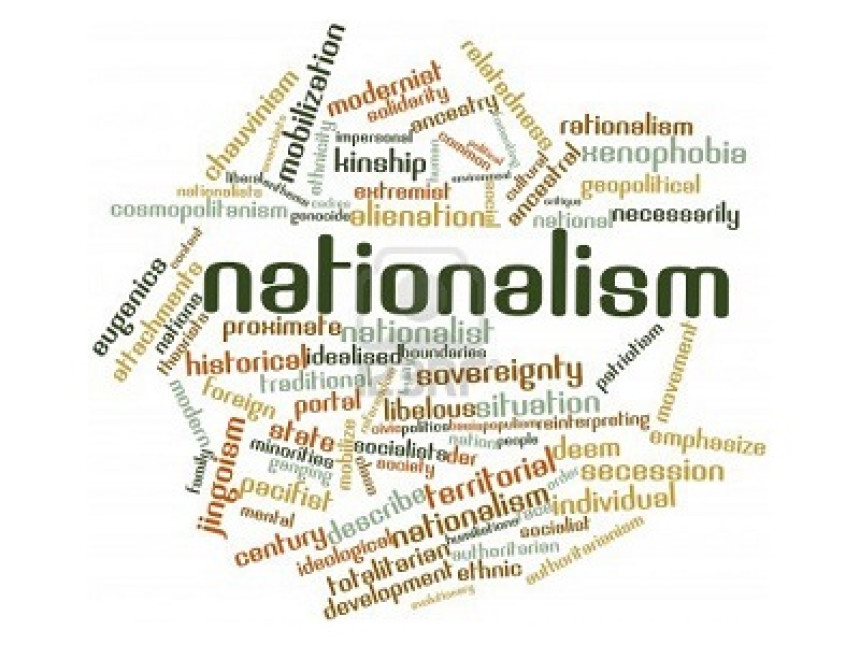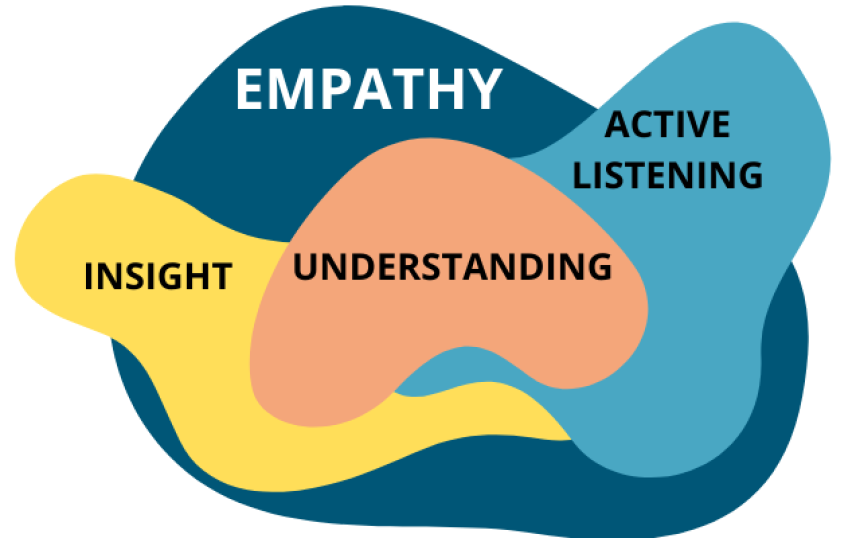
What is Nationalism?
Nationalism is a political, social, and cultural ideology that emphasizes the interests, identity, and unity of a particular nation or group of people. It often promotes the belief that a nation's cultural, historical, and linguistic characteristics are distinct and should be preserved and celebrated. Nationalism can manifest in various forms and can have both positive and negative impacts depending on how it is expressed.
Here are some key aspects of nationalism:
- Identity and Unity: Nationalism seeks to foster a sense of belonging, identity, and unity among the people who identify with a particular nation. It often emphasizes shared cultural, historical, and linguistic traits.
- Patriotism: Nationalism is closely related to patriotism, which is a love and pride for one's country. However, nationalism tends to go further by asserting the superiority or uniqueness of one's own nation.
- Political Movements: Nationalism has been a driving force behind many political movements, including struggles for independence, self-determination, and the formation of nation-states. It has played a significant role in shaping modern geopolitics.
- Cultural Preservation: Nationalism often involves efforts to preserve and promote a nation's cultural heritage, traditions, language, and customs. This can include the promotion of national symbols, literature, and historical narratives.
- National Sovereignty: Nationalists typically emphasize the importance of a nation's sovereignty and the ability to make decisions independently of external influences. This can manifest in resistance to perceived encroachments on a nation's autonomy.
- Diverse Manifestations: Nationalism can take various forms, ranging from civic nationalism, which emphasizes shared civic values and citizenship, to ethnic or cultural nationalism, which places greater emphasis on shared ancestry, language, and heritage.
- Potential Conflicts: While nationalism can foster a sense of pride and unity, it can also lead to tensions or conflicts, especially when it is expressed in ways that exclude or marginalize minority groups within a nation.
- Globalization and Nationalism: In an era of globalization, nationalism can sometimes be seen as a response to perceived threats to national identity and culture. It can be a reaction to the perceived erosion of traditional values due to international influences.
It's important to note that nationalism, like any political or cultural ideology, can have both positive and negative consequences. It has played a significant role in shaping the course of history, including movements for self-determination, decolonization, and the establishment of nation-states. However, when taken to extreme or exclusionary levels, it can also lead to division, conflict, and the exclusion of minority groups. As with any ideology, it is important to approach nationalism critically and consider its implications in specific contexts.





